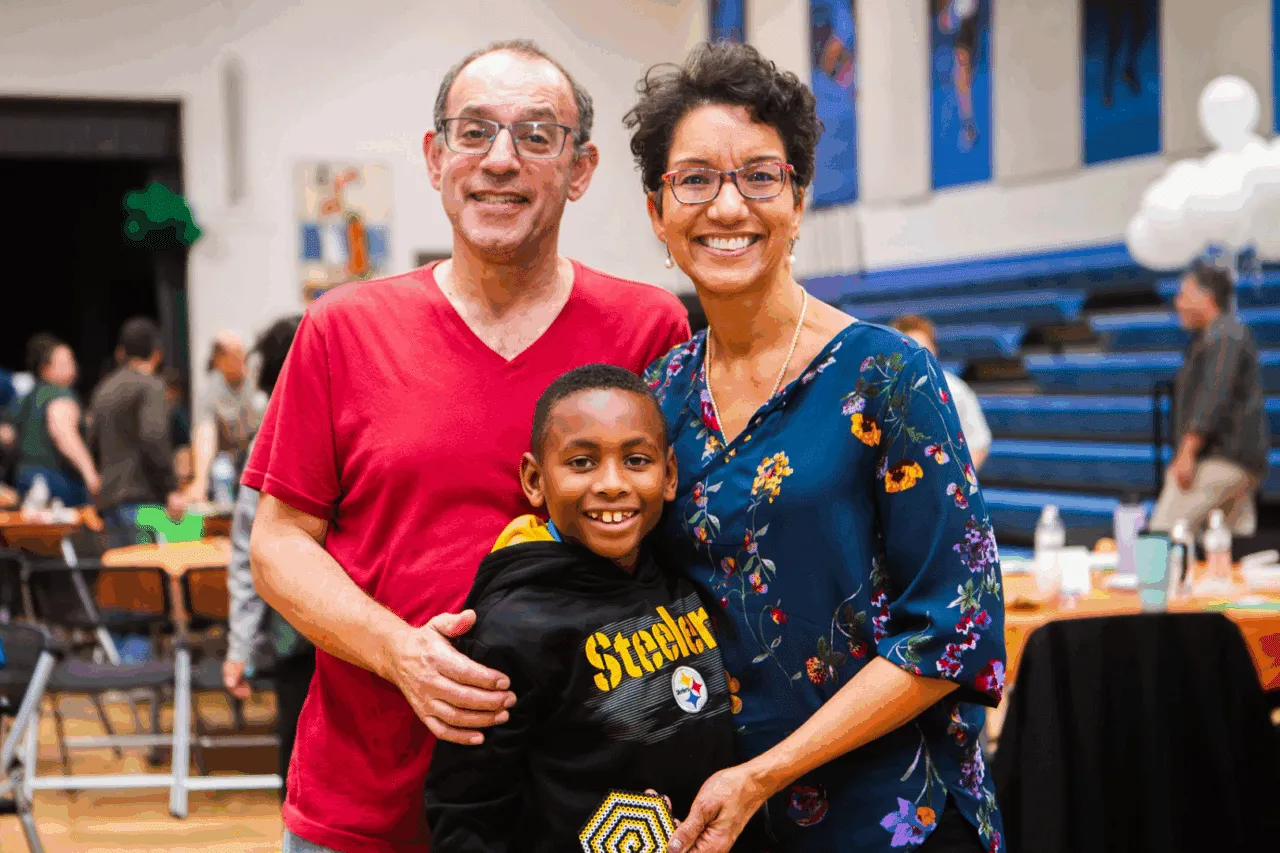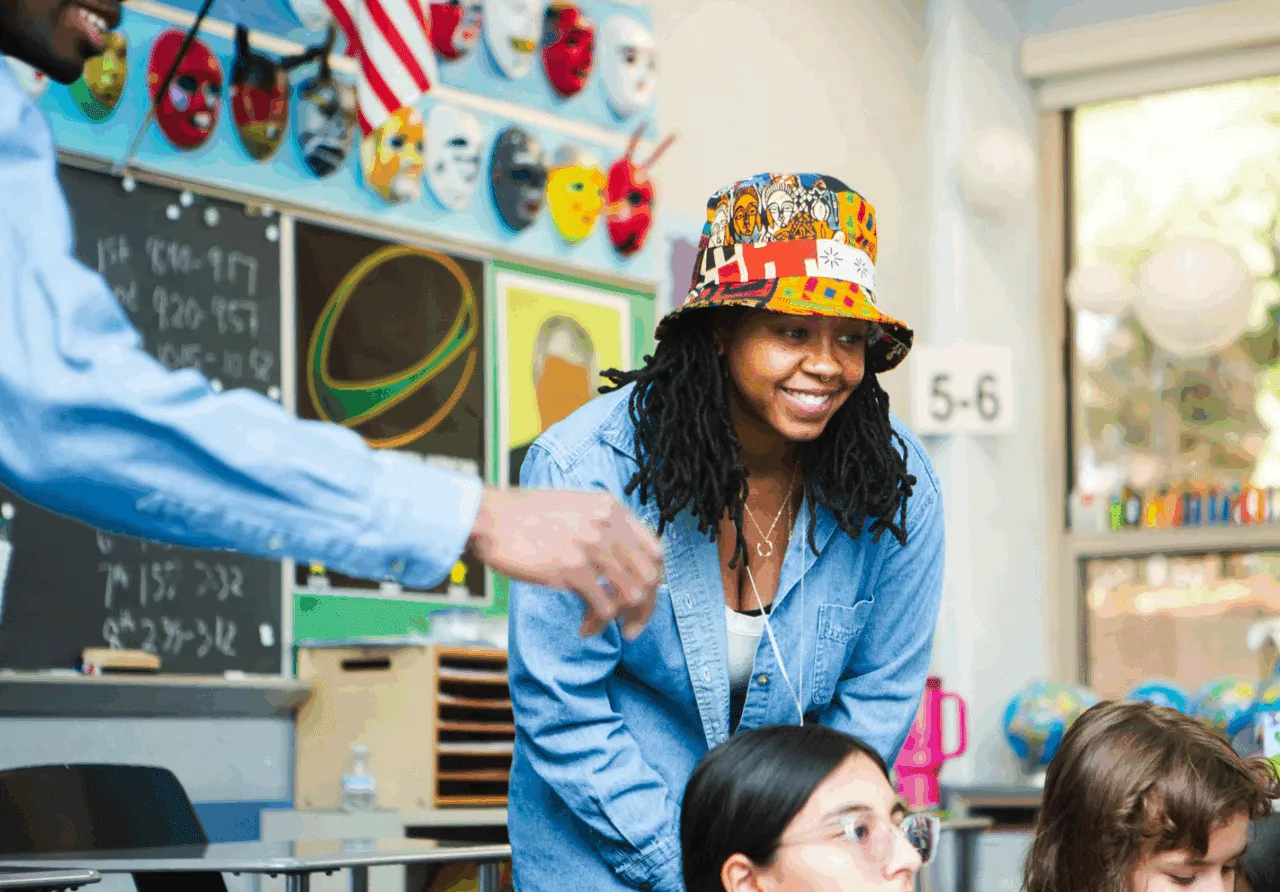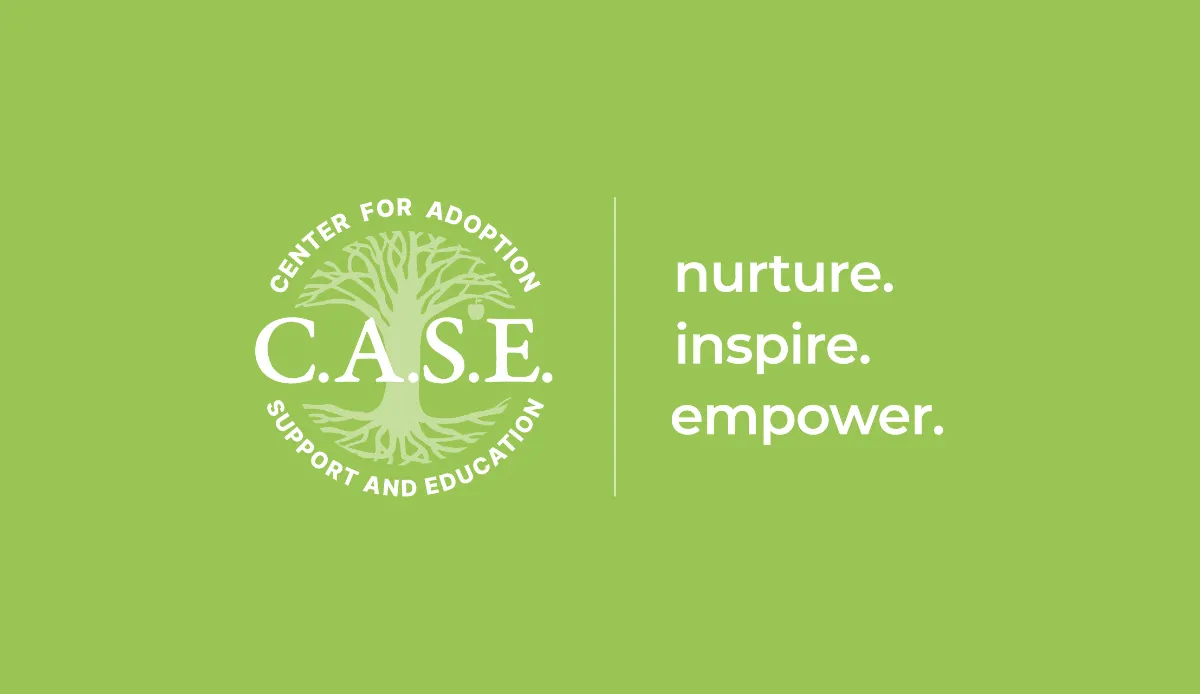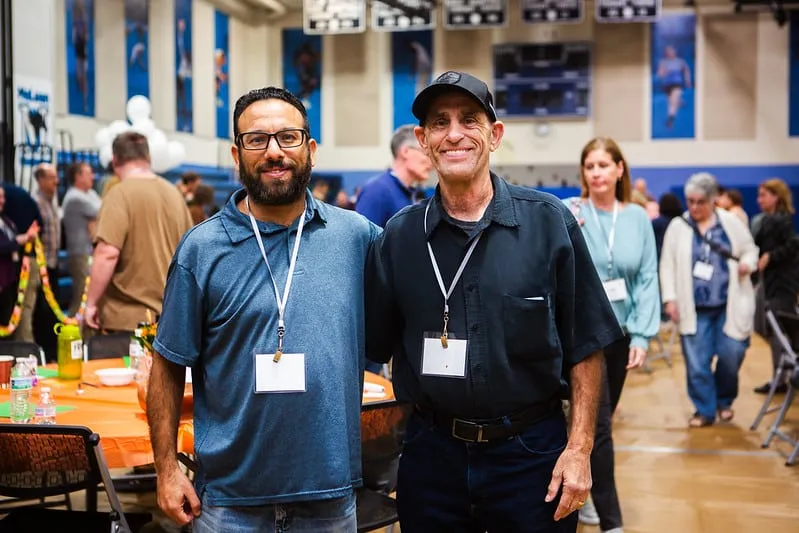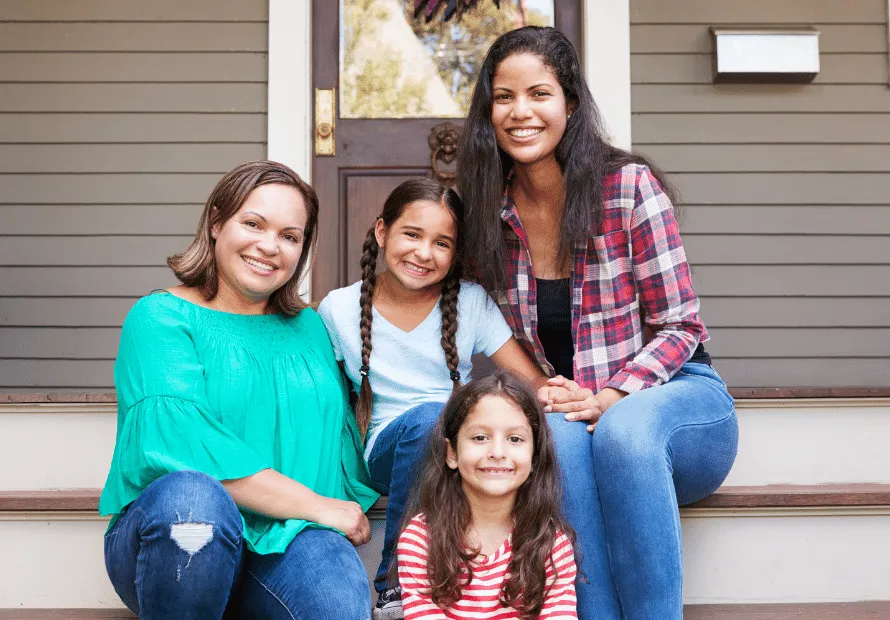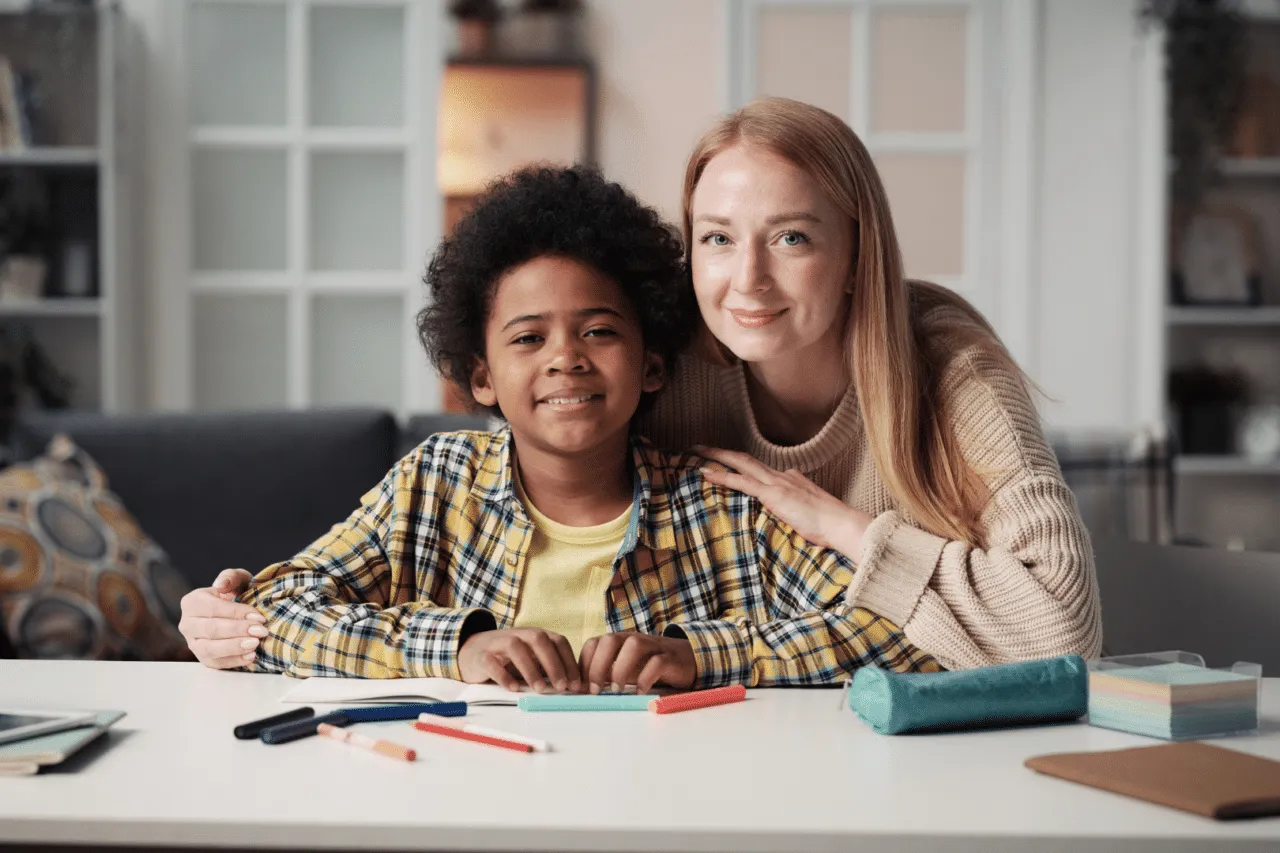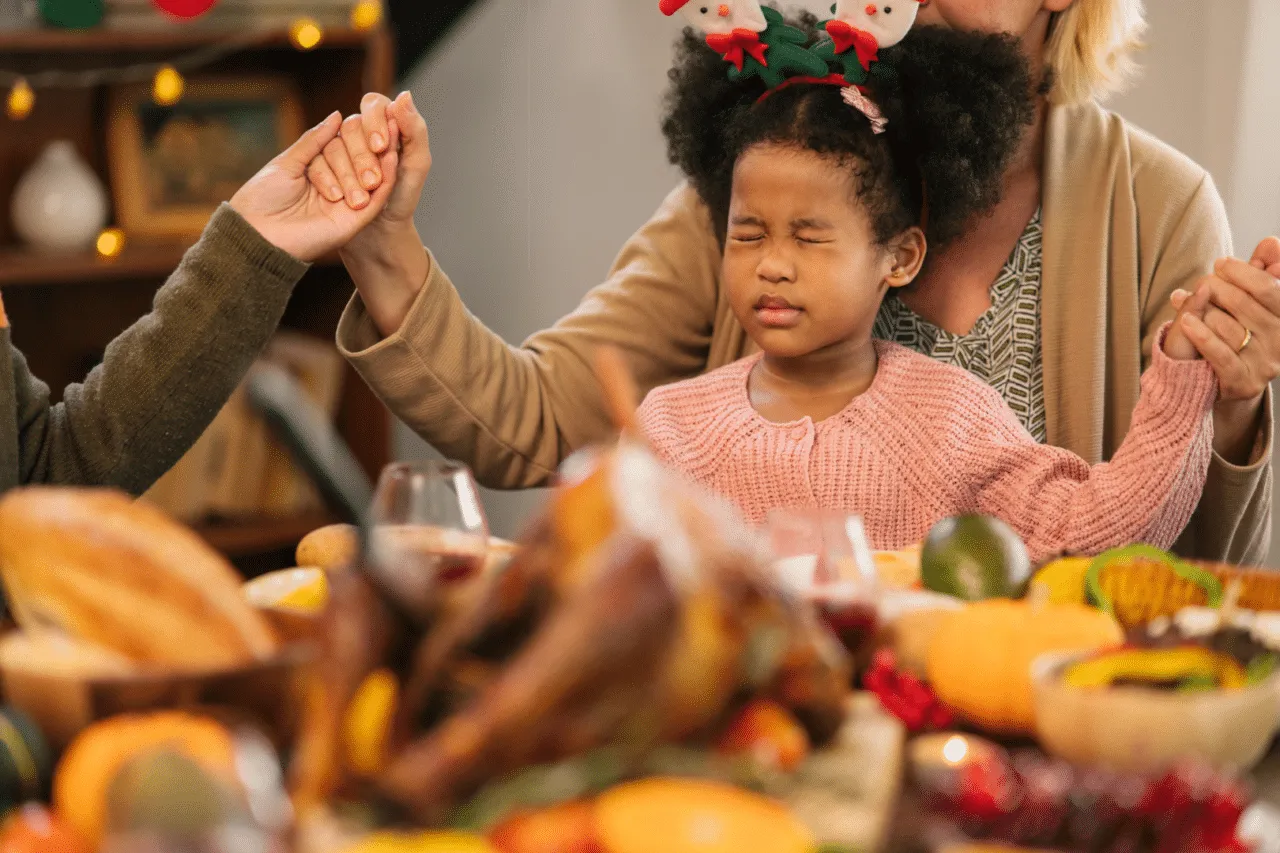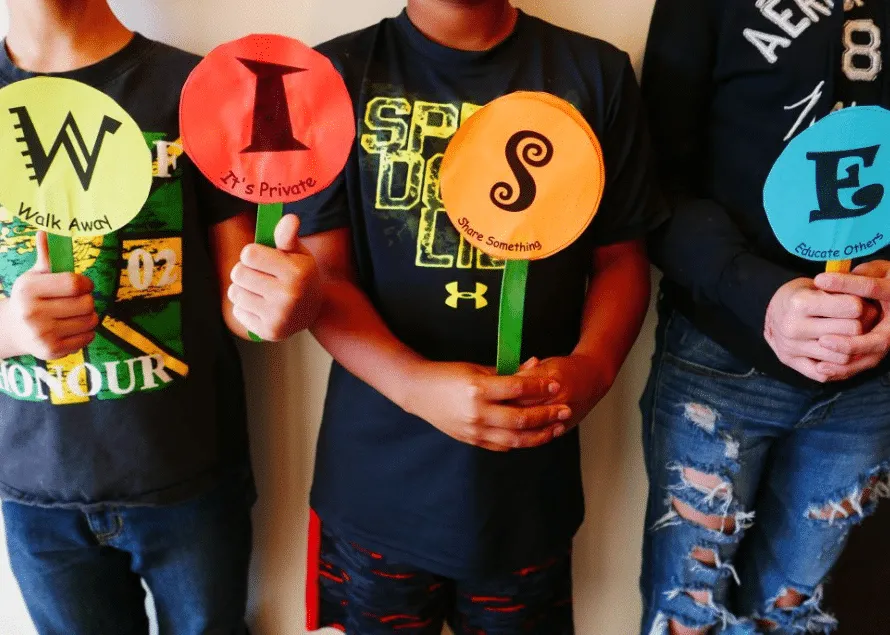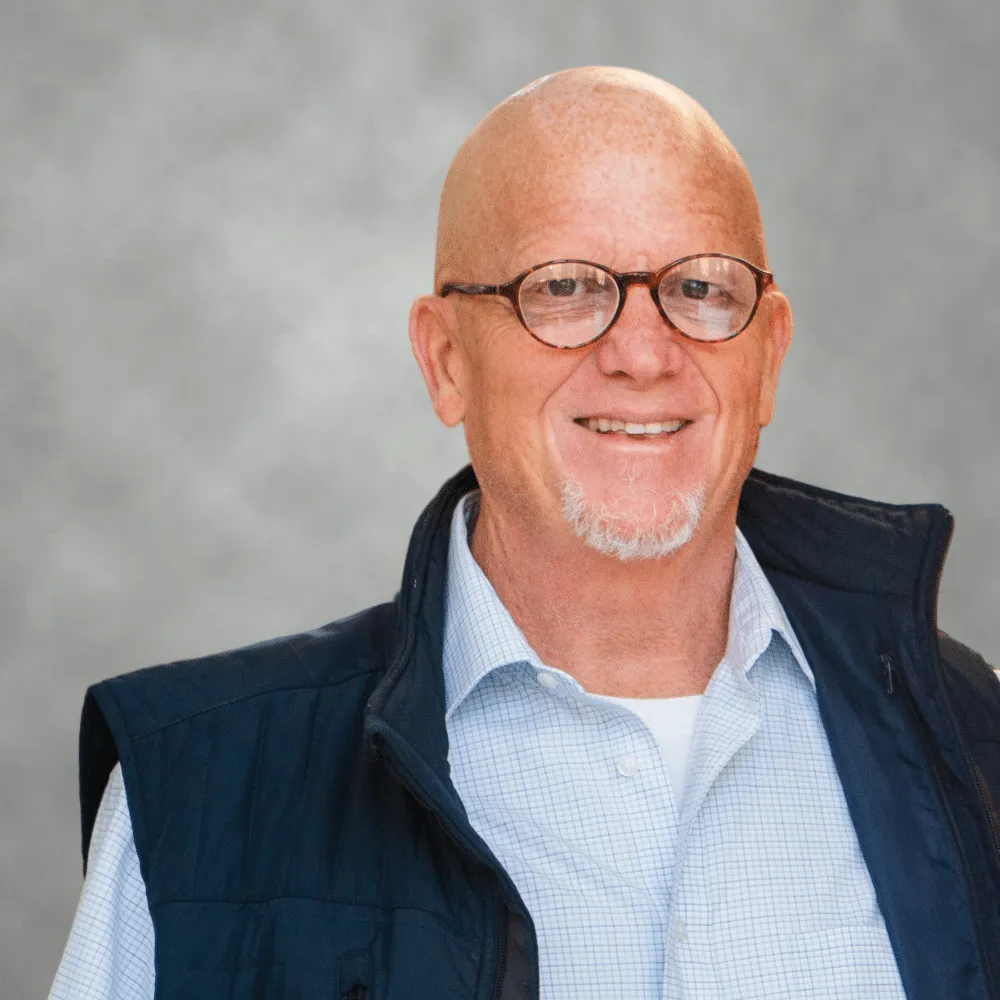
In Their Words: Adoptive Fathers on Fatherhood, Life Lessons, and Love
In Their Words: Adoptive Fathers on Fatherhood, Life Lessons, and Love
Father’s Day holds different meanings for every dad. For some, it can be a time to relax and feel appreciated. For others, it’s a moment to reflect on the journey that brought them to fatherhood. In honor of Father’s Day this year, we’ve asked three adoptive dads from our Board of Directors—Richard K. Devaney, Andrew Lewis, and Aaron Schuman—about what fatherhood means to them. Their honest and thoughtful reflections are reminders of what it means to show up for your children with humility, patience, and intentionality
C.A.S.E.: What does being an adoptive father mean to you?
RICH: Being an adoptive father means everything to me. As father to multiple children, one of whom is adopted, being a father is a very humbling experience. It means leaning in and helping my children sort through their challenges, celebrating their accomplishments, and slowly letting go as they find their way. As a parent to an adoptee, I tend to listen more to the unspoken communications, opening more to listen for the unasked questions and any unresolved lasting feelings. It means that I have to be open to his discovery of a range of emotions that only he can feel, with any fears and uncertainties and to just be there, to be present and visible without being the fixer, but to be an anchor that he can be tethered to no matter what has happened.
ANDREW: Being an adoptive dad means loving, supporting, and showing up for a child every single day—no matter what. It’s not about biology; it’s about being there, building trust, and creating a life together.
AARON: Being an adoptive father is beyond description for me – the love you have for your children, the challenges and joys of parenting. But I have never lost sight that, if I had been born 10 or 20 years earlier, as a gay couple, my husband and I probably wouldn’t have been able to parent at all. My husband, Chris, and I have been incredibly lucky to be able to be parents, and we haven’t lost sight of the fights and progress that allowed us to be able to be parents in the first place.
C.A.S.E.: What’s one lesson fatherhood has taught you—especially through the lens of adoption?
RICH: The biggest lesson I’ve learned—and continue to learn— through fatherhood is that my children need more than words; they need to have a visible and active father who shows through actions that I am part of their lives. Someone who they can always count on to be in their corner at all times of the day or night. It’s especially important for the adoptee in my family to know that we are locked into this relationship forever.
ANDREW: One big lesson adoption has taught me is that family is something you build with intention. It’s taught me to listen more, be patient, and appreciate the unique journey each child brings. Love grows in all kinds of ways, and adoption has shown me just how deep that love can go.
AARON: I have learned so much about growing in my capacity to love, but also in humility. I have learned from my children. They have life experiences, perspectives, and insights I never could have. And, of course, as parents, we often make mistakes. I think frequently of my children as teachers. I am blown away by their growth, their ideas about the world, and their capacity to build relationships with people who are incredibly different from themselves. I am often in awe of my children, and so proud to be one of their two dads.
From all of us at Center for Adoption Support & Education, we wish a Happy Father’s Day to all the dads and father figures who show up with love and care for their child. These meditations remind us that fatherhood isn’t defined by biology–it’s defined by presence, connection, and loving every single day.
Meet the Dads

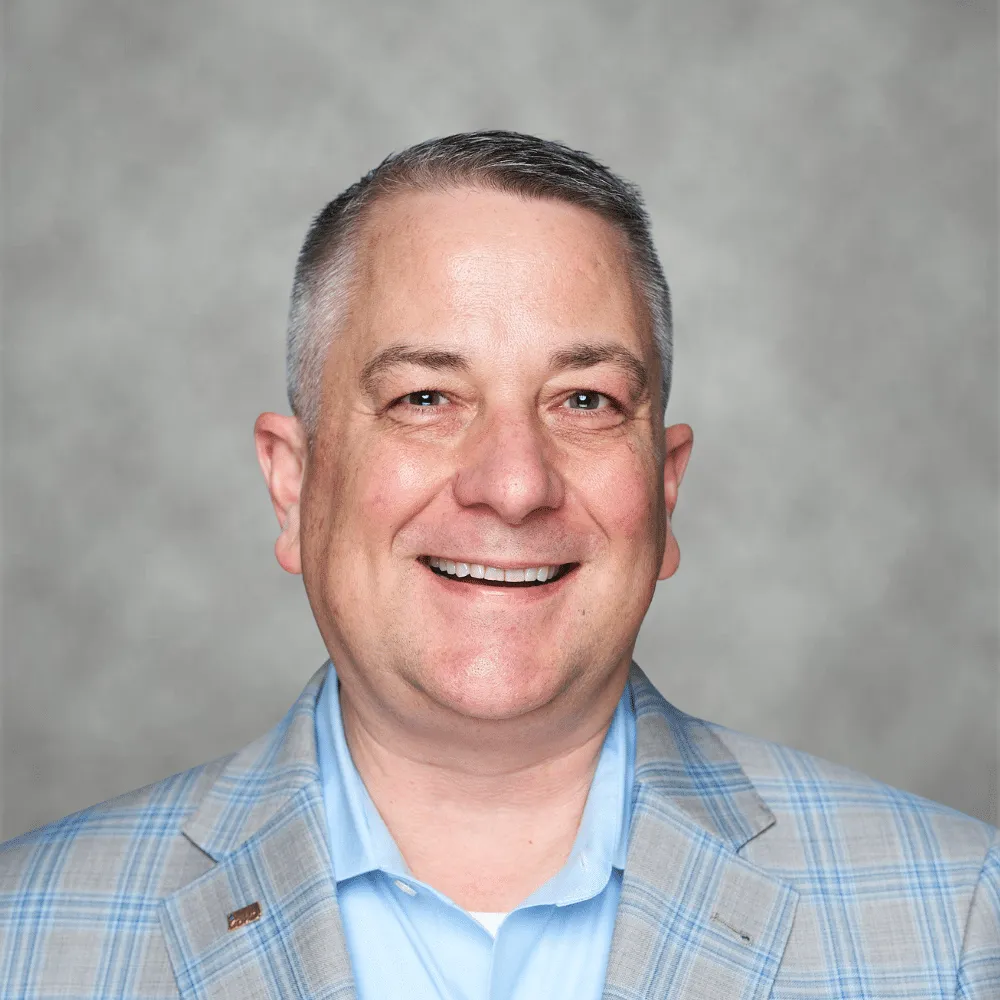
Andrew Lewis
C.A.S.E. Board of Directors Member - Partner at KPMG LLP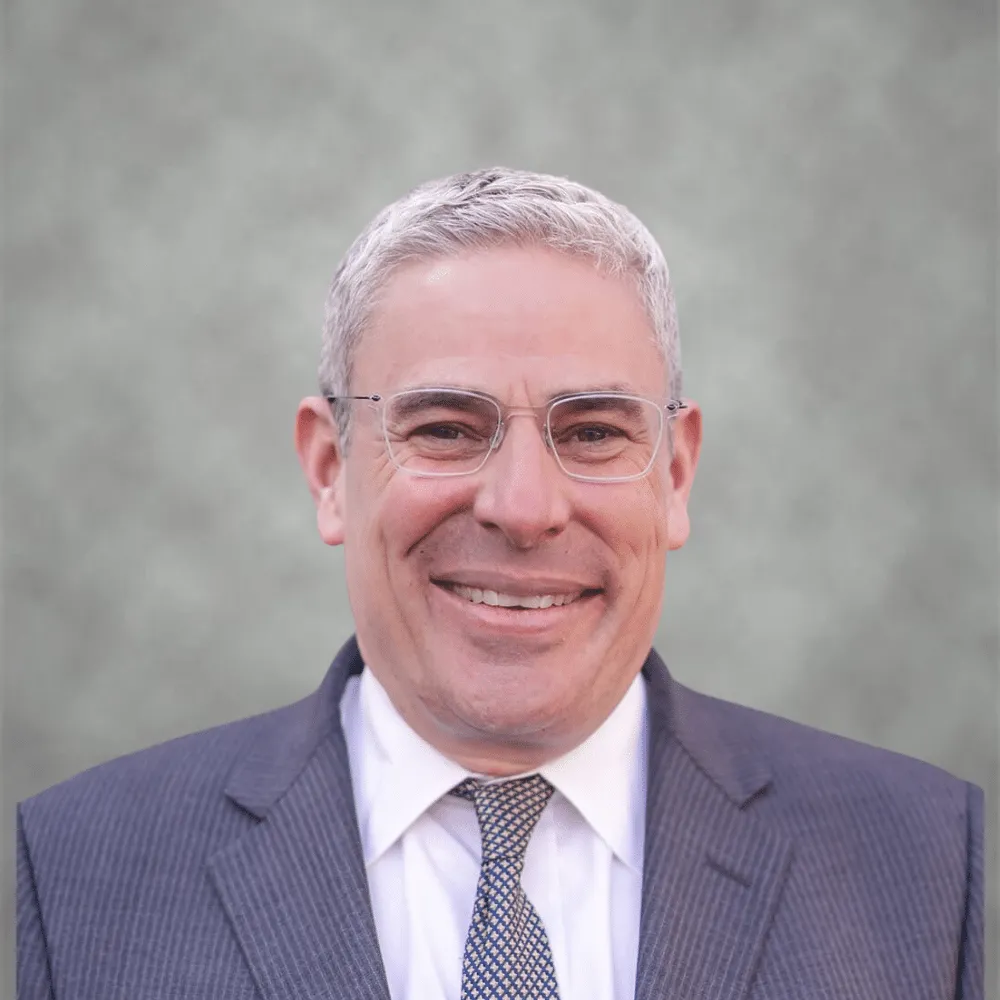
Aaron Schuham
C.A.S.E. Board of Directors Member Secretary - Adoptive ParentRichard K. Devaney has over 35 years of institutional experience in the investment, development, and operations of multifamily housing and commercial real estate. He is an adoptive and birth father to two children.
Andrew Lewis is a partner at KPMG LLP, one of the world’s largest professional services firms. He and his wife are adoptive parents and former foster parents. They have three children.
Aaron Schuham is the Associate General Counsel for the Civil Rights Division at the U.S. Department of Health and Human Services. He and his husband, Chris, have two children, both adopted at birth through open adoption.
Read more about our Board of Directors.
